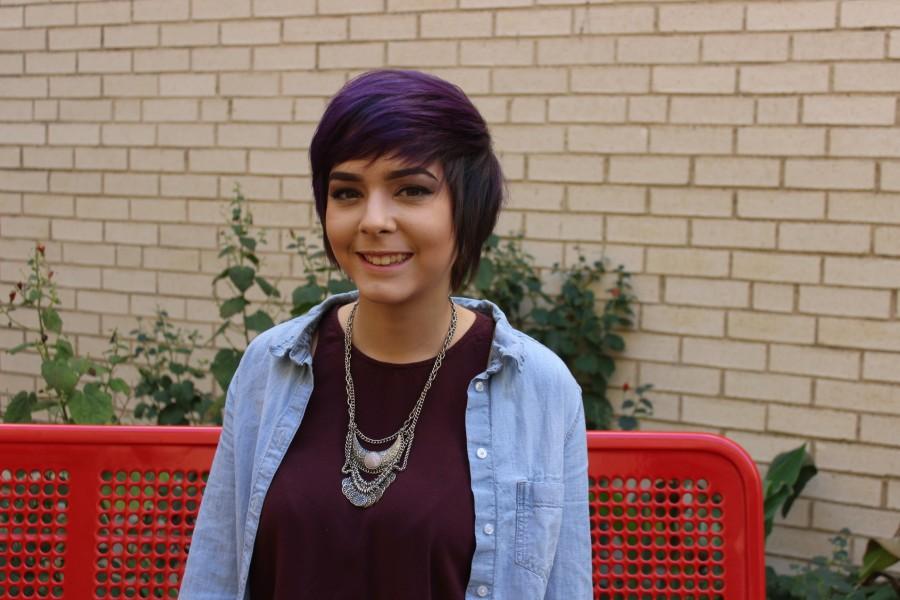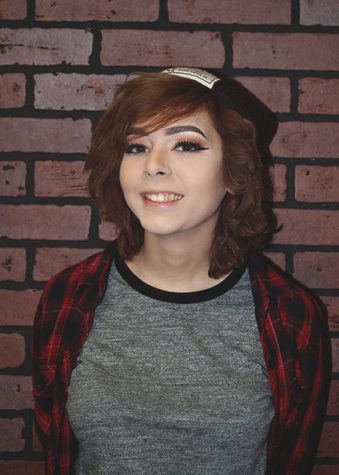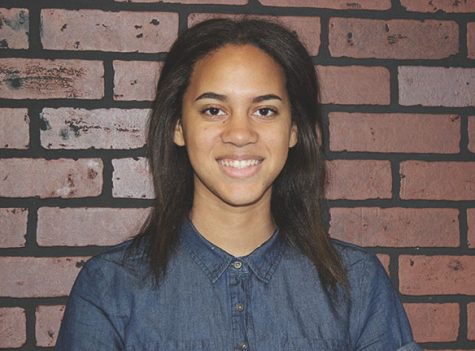Of the three weeks I spent in Cuba as a child, I can only recall the bus.
I remember climbing up stairs that led me through a gaping cutout in the steel wall and picking the chipping blue paint off metal seats to pass the time. As I sat across from the shabby entrance, I watched a man link a single chain across its jagged edges. This bus was nothing like the vibrant yellow school buses I rode back home. There were no comfortable padded seats or luxurious air conditioning. No folding doors to enclose the passengers safely inside. As we clunked down the street, my eyes fixated on the chain as it rattled over the scenery that whizzed by.
Oddly enough, I can’t remember the famous beaches in my parents’ hometown of Havana. Or the island’s food. Or even most of my relatives. I can’t remember any potentially positive things about Cuba. I’ve noticed that the only things I can vividly remember 13 years later are symbols of oppression. My parents would always tell me how living in Cuba was living without freedom. Under the shackles of communism, the government controlled every aspect of life. Food was rationed in scarce portions. News outlets were under direct government control. Ordinary citizens on every single street acted as spies to make sure there were no political dissidents. Expressing any contempt for the government had violent consequences. To make any sort of improvement, few choices were available other than escape.
But even trying that was grounds for months in a political prison. After his first attempt to flee the country by makeshift boat, my dad was thrown into one of these prisons. He tried to escape at night. My father and about seven others paddled their small raft out past the shore, far enough to where they hoped to sneak past undetected.
Once all was pitch black, the group prepared to turn on the motor. Suddenly, bright white lights pierced the darkness. The sound of men yelling shattered the silence. Hands flew up in surrender as Cuban authorities surrounded the boat, holding them all at gunpoint.
After his arrest, my father spent 12 days in a cell so cramped that there was no room to walk. No windows. Nobody knew if it was light or dark out because the lights were never turned off. It was all done to add to the torture. On his first night, he remembers hearing a man scream hysterically before being dragged outside his cell. Guards marched over, brutally beating him until it was all quiet again.
My father only tells me about Cuba when I ask, never retelling the story all at once. When he first revealed the tale of his successful escape, I was 16 and even then he had been sipping a little too much wine. But this time, my dad does not rattle the dinner table with laughter or grin with pride. His eyes do not glimmer with excitement. He simply shakes his head and stares at the wall as he thinks of the man. “I don’t know if he even survived that.”
The whole experience designed to break him down only fueled his determination. He continued to chase after freedom in America. And eventually, he made it.
With the presidential campaign in full force, immigration has been a hot topic. Who we should let in, how open our borders should be. Having lived in America my whole life, I’ve come to love where I was born and I want to protect my home. But by being the daughter of immigrants, I sympathize with people bitterly regarded as “illegals” by strict politicians. Policies and paperwork aside, are we really that different? I balance a tightrope between two identities, facing alienation on both sides. I wonder about the term “anchor baby.” My mother came to America eight months pregnant with me.
Am I simply an “anchor” to citizenship? A presumed burden on taxpayers? Am I the only reason why we deserve to be here? I wonder if my belonging in America is up for debate.
Because in this debate of hypotheticals we fail to take into account raw experience. We live in an area so privileged that we constantly distance ourselves from other people’s hardships. We ignored the plight of refugees until we saw the lifeless body of a Syrian boy wash up face-down on the shores of Turkey. Because until the political issue is made human, we brush it off.
But it’s not about politics. It’s about people.
My family risked their lives to have the privilege of being called American. Just because my family immigrated does not mean we live off of welfare. It does not mean we are criminals. It does not mean we are lazy. It does not mean we are leeches on society. On the contrary, we have come out on the other side.
I am the child of immigrants, and the urge to pursue a better life is embedded in my blood. We make our own money. We are driven. We are hardworking. And we are not the exception.







